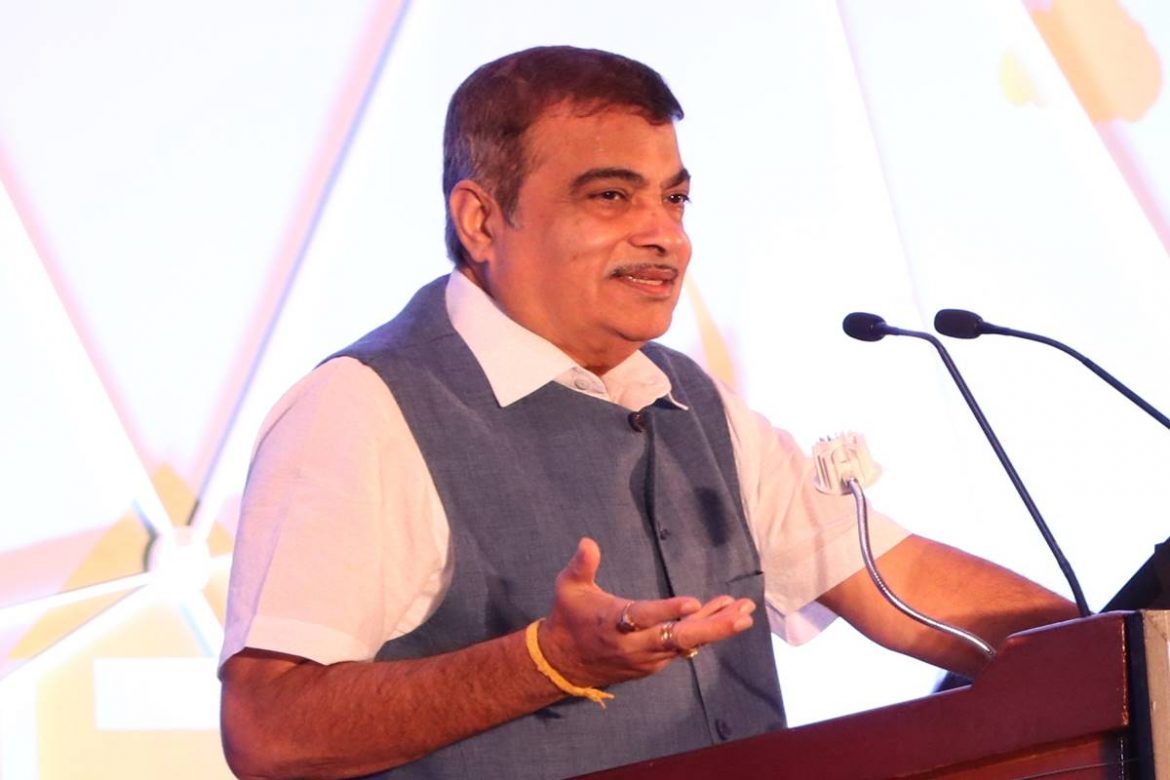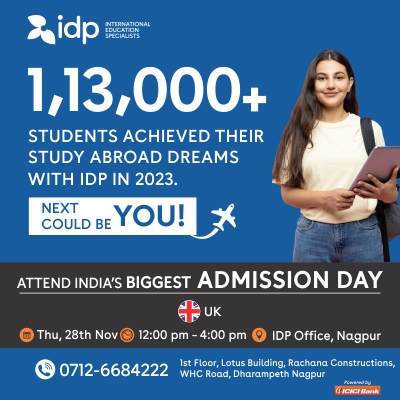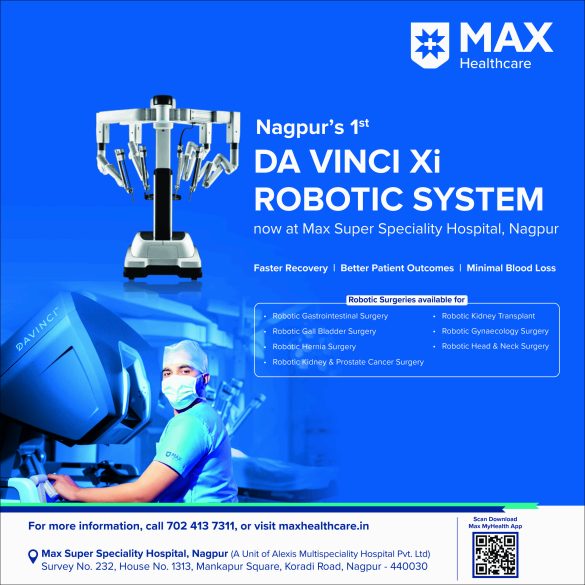Q. You have a dauting task of delivering on Roads & Highways projects worth Rs 26 Lakh, what are your priorities in accomplishing this?
The total pipeline of infrastructure [projects] is worth Rs 100 lakh crore, of which the roads ministry is expected to deliver [on] Rs 26 lakh crore [worth]. My target is to take it up Rs 40 lakh crore in three years.
I want to finish whatever projects are underway in the next [year and a half]. The Mumbai-Delhi express highway is one of the important projects that we want to complete before end-2023. Its cost is Rs 1 lakh crore. About 60-70 per cent of the project is completed. Regarding connectivity related to Delhi, works of 60,000 crore are underway.
We have also started a new road from Akshardham to Dehradun. Iwant to complete this within the next two years. Travel time between Delhi and Dehradun will be down to two hours. Delhi to Chandigarh will be down to 2 hours. Delhi to Jaipur will also be two hours. By the end of next year, we will open the Delhi-Jaipur access-controlled highway. A Delhi to Katra [project] is also underway. These are very important roads.
We also have to complete the Chardham project. We are waiting for a decision from the court [to proceed]. Nearly 80 per cent of the work is complete. On connecting Mansarovar to Pithorgarah, 90 per cent of project is completed. We will complete by next end of April. Work has also begun on the Chennai to Bengaluru expressway. In Jammu and Kashmir, we are making eight tunnels-there will be a lot of infrastructure in the Himalayas.
Q. How have you prioritised resolution of issues that you inherited from your predecessor?
When I took charge, there were 406 projects worth Rs 3.85 lakh crore that were stuck. We solved the issues and saved Indian banks from NPAs of 3 lakh crore. Our basic approach is to ask how we can reduce the cost of construction by using different types of technologies and improving the quality of construction. We are using machines from Italy, successful practices from the world are being used. We have implemented e-tendering, the total process is transparent.
Q. The infrastructure sector is fraught with challenges, from cost overruns to delays with bureaucracy and clearances. How do you plan to address these challenges?
There are problems everywhere. Land acquisition is a problem; we have to work with state governments. There are disputes over the cost of land, there are encroachments-so many times, we have had to shift utilities. We need permission to cut trees from the forest department. If there is a strong will and commitment we can overcome all these problems. When Ibecame minister, we were laying 2 km of roads a day. Currently, it is 38 km a day.

Q. Are you working with ministries on time bound clearances and a single window?
I have called for review meetings and spoken to ministers many times. The Prime Minister has appointed a review committee under my ministry and my chairmanship. There are members from the railways, environment and forests [in the committee]. Many times, I take up issues [in the committee] and resolve them. And people are cooperating. There are records of all these meetings. We have done 70-80 meetings and have resolved thousands of problems.
Q. How about funding for these roads? What models look most promising?
There are many different models-DOT,HAM, PPP and the model we started, INVITS. We are monetising roads as well. I am confident there will be a good response from the market. Insurance funds, Canadian pension funds, pension funds from different countries-lots of people are interesting in investing in [India’s] road infrastructure. We don’t have a money problem. My toll income is 40,000 crore per year now. I am confident it will go up to Rs 1.4 lakh crore in the next three to four years.
We are getting a good response. Indian banks are also keenly interested in investing. The problem I am facing is that for financial closure or for two per cent guarantee, banks are taking 6-8 months, or a year. This is a delay which affects the project. We need a fast decision-making system in the banking system.
I want to change the decision-making process in the NHAI. I am not very satisfied with the process.It needs to be more time bound. I dislike delay. There are a lot of committees that are making delays, there are delays in arbitrations.
Q. Many say you think like a businessman. What are the key things that you ensure while working with contractors?
The most important point is we need to work fast. Execute. With transparency and good quality. We are not concerned with caste and character of the contractor. We are only focused on working fast. We have to concentrate on meeting timelines. Giving trouble to the contractor is not good. Iunderstand business. We need to focus on our priorities.
We are also using global technologies-whatever is working in the US, Europe. We are open to new experiments.




